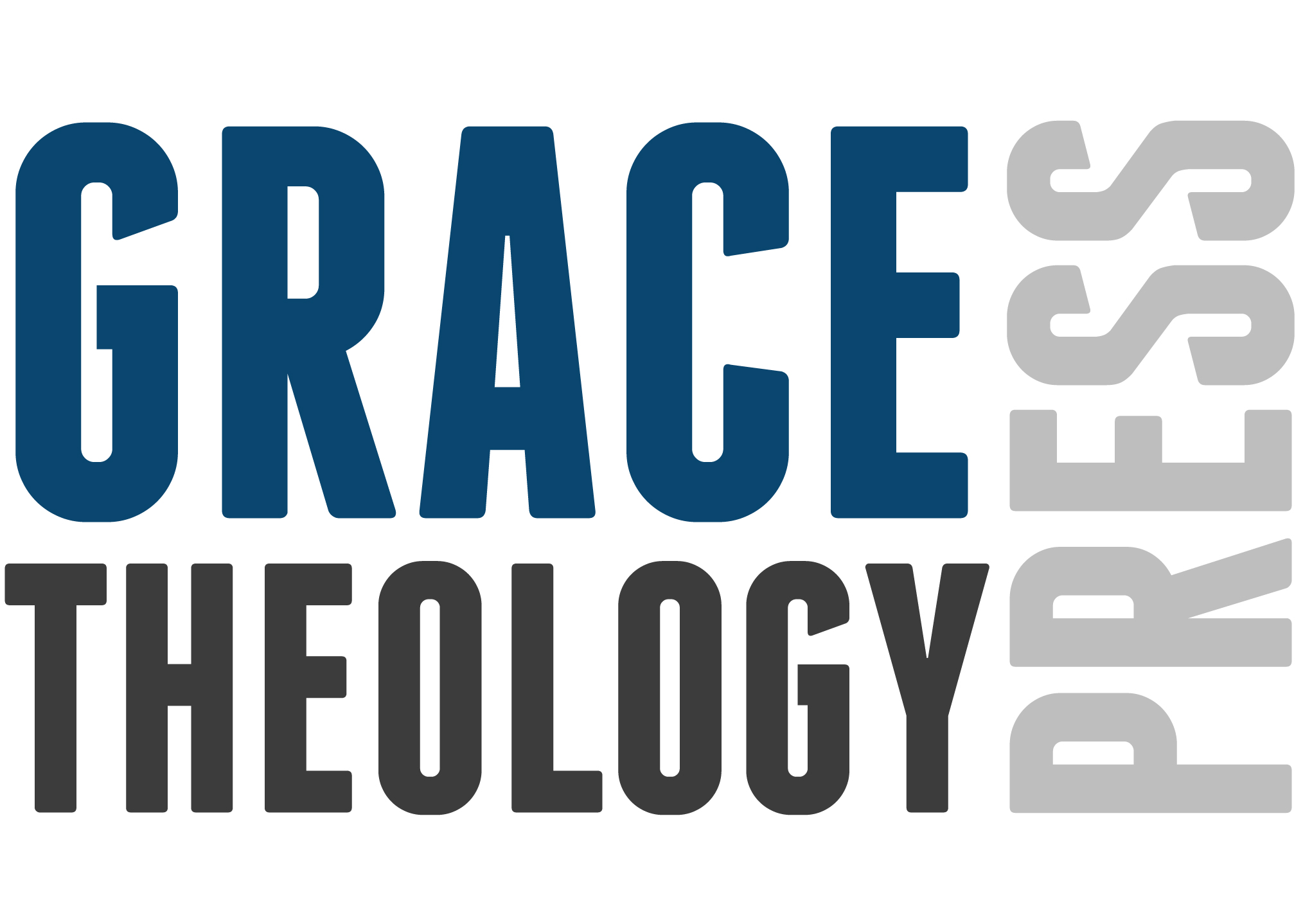‘Tis the season for many sights and sounds and many traditions; some are sacred others are secular. One of the most important tradition that bridges both the secular and the sacred is the giving of gifts. For Christians, the gift at Christmas was the gift of God’s Son, the Lord Jesus Christ.
The irony of that first Christmas is that in a place where you least expect to find what you need (a stable) you find everything you need (a Savior). But as we go back 700 years before the first Christmas, we encounter one of the greatest of prophetic scriptures found in Isaiah 9. The depiction of the Promised One is described in a theological quadruplet of attributes, if we follow the protestant list of four, as opposed to Catholic quintuplet of Handel’s Messiah.
My former pastor and friend, Dr. Gary Inrig, gives four picturesque descriptions of the qualities of that little baby born in the stable.
“Wonderful Counselor” who understands the complexities of life. Jesus is not a detached analyst. In Him is all wisdom and knowledge (Col. 2:3). Israel had many bad counselors (Isa. 47:13) but this baby was filled with the Spirit of wisdom (Isa. 11:1-3). Jesus has profound insight and can be our compassionate and committed companion as we navigate the difficulties of this life.
“Mighty God” who deals with the circumstances of life. This baby is none other than very God of very God. He is filled with all the fullness of God (Col. 2) The author of Hebrews declares, “And He is the radiance of His glory and the exact representation of His nature” (Heb. 1:3). John makes it crystal clear as he declares, “In the beginning was the Word, and the Word was with God, and the Word was God. He was in the beginning with God (Jn. 1:1-2).
Isaiah has declared that this baby, this coming king, is not only both profound and powerful but also personal and perpetual.
“Eternal Father” who can deal with the changes of life. Jesus is the “father of eternity or father of years” perhaps coming from Ugaritic loan words. This is not to say that Jesus is the Father, but that Jesus has a paternal and eternal interest in His people. It has to do with His character and His love. “Just as a father has compassion on his children, so the Lord has compassion on those who fear Him.” (Psalm 103: 13) He is the one who will never leave us. (Heb. 13:5; Deut. 31:6)
“Prince of Peace” who can transform our brokenness and make us complete. Jesus is the prince that can bring prosperity, protection, and peace. Shalom—peace is not simply a lack of war but a presence of wholeness, completeness, and unity. This is not the kingdom of God and we do not have world peace. But we can experience the peace of God and peace with God because of the Prince of Peace who died that we may live.
That little baby was no ordinary little baby. Jesus came through the Crib and left by the Cross and will come again to be Crowned and Consummate His Kingdom.
“Now the God of peace, who brought up from the dead the great Shepherd of the sheep through the blood of the eternal covenant, even Jesus our Lord, equip you in every good thing to do His will, working in us that which is pleasing in His sight, through Jesus Christ, to whom be the glory forever and ever. Amen.”
(Heb. 13:20-21)
All glory be unto Him!
Serving Him with you until He comes for us,
Fred Chay, PhD
Managing Editor, Grace Theology Press














